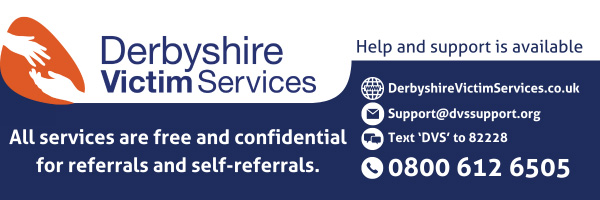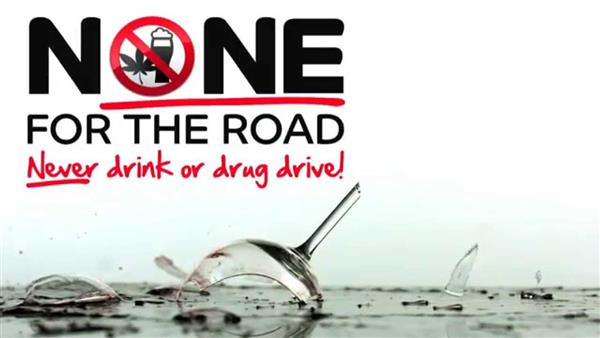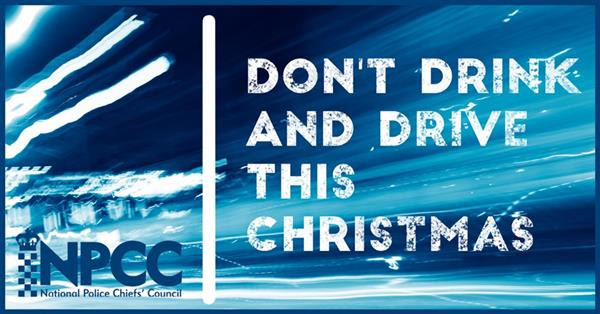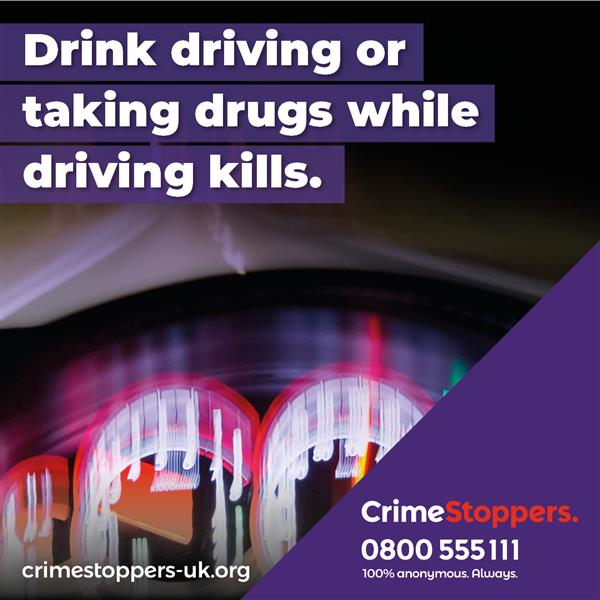|
||||||
|
||||||
|
|
||||||
|
Glossop SNT - ‘None For The Road’
🔴 Drink driving: Is it worth the risk?
🔴 How to keep safe this Christmas December. For many of us, it’s time to raise a glass and be merry. But before you head out and enjoy the festivities, are you clear on the rules around drink driving? The safest and best advice is to avoid alcohol completely if you have to drive.
🔴 How much is too much? Drinking under the influence of alcohol is a criminal offence. If you are found guilty of drink driving you could be fined, banned from driving, or even imprisoned. Legally, the drink driving limit in most areas of the UK is a blood alcohol level up to 80 milligrams of alcohol per 100ml of blood (in Scotland, it’s 50 milligrams). But, there isn’t an exact number of drinks this equates to, so it’s always safest not to drink any alcohol at all. Your blood alcohol concentration can be affected by many different things. These include your weight, sex, what you’ve eaten and how quickly your body processes alcohol, as well as how much you’ve had to drink and when. It can be very different for different people and can also change for the same person from one day to the next. There’s also no way of knowing whether that one pint or glass of wine will put you over the limit. Rather than trying to guess, and put your life or someone else’s at risk, it’s best not to take that risk at all.
🔴 Dangers of drink driving An estimated 7,800 people were killed or injured in drink driving accidents in the UK in 2019. But the dangers of drink driving don’t only start once you’re over the legal limit. Alcohol – at any level – will start to impair your driving ability, putting you and others at risk. It can be easy to think you’re still in control after ‘just the one’ – but sadly the data doesn’t reflect that. Studies show that even just a small amount of alcohol can start affecting our reaction times, judgement, and ability to drive. And this happens well below the legal drink-driving limit. Alcohol can also give us a false sense of confidence and make us more likely to take risks. So, while you may never dream of getting behind the wheel after a drink when you’re sober, it only takes one drink to cloud your judgement and decide that ‘short drive home’ is ok after all. Staying completely alcohol-free when you’re driving really is the best and safest option.
🔴 Plan ahead If you’ve got a festive dinner or Christmas party coming up, a little bit of planning can make life a lot easier, so you can relax and focus on enjoying a safe and fun time out. If you know there’s an occasion where you might want to drink, put plans in place well before to get yourself and others home safely, whether that’s appointing someone else to drive or just leaving the car at home. If you’re planning to drive, resolve not to drink at all that night. Don’t be tempted to have one or two – as this may be enough to put yourself and someone else at risk.
🔴 Tips to get home safe
🔴 The morning after If you’ve had a few drinks the previous night, don’t forget that alcohol can continue to affect you the morning after you’ve been drinking too, so you may well still be over the drink-drive limit. It usually takes an average of about an hour for your body to clear one unit of alcohol once it’s been fully absorbed. But this can vary and there’s no way of telling for sure. Even if you feel fine, you could still be over the limit. The safest and best advice is to avoid alcohol completely the night before you have to drive.
🔴 The only way to eliminate alcohol from the body is to let time pass. Even small amounts of alcohol can affect your ability to drive, and there is no fool-proof way to drink and stay within the limit. The advice from the police is clear: avoid alcohol altogether if you plan to drive.
🚔 Chief Constable Jo Shiner is the National Police Chiefs’ Council Lead for Roads Policing. She said: “Drink and drug driving is responsible for many serious and fatal collisions every year and it is completely avoidable". “Policing has always taken a robust approach to removing drink and drug drivers from our roads and as long as people continue to undertake this dangerous behaviour, we will continue to make stopping it a core roads policing priority.”
❎ Don’t take any risks. If you’re not sure, don’t drive.
ℹ️ If you have any information about someone you know who is drink or drug driving then please let us know by using any of the below methods.
#NoneForTheRoad | ||||||
Reply to this message | ||||||
|
||||||
|
|
||||||
|
||||||
|
|
||||||

|
|







